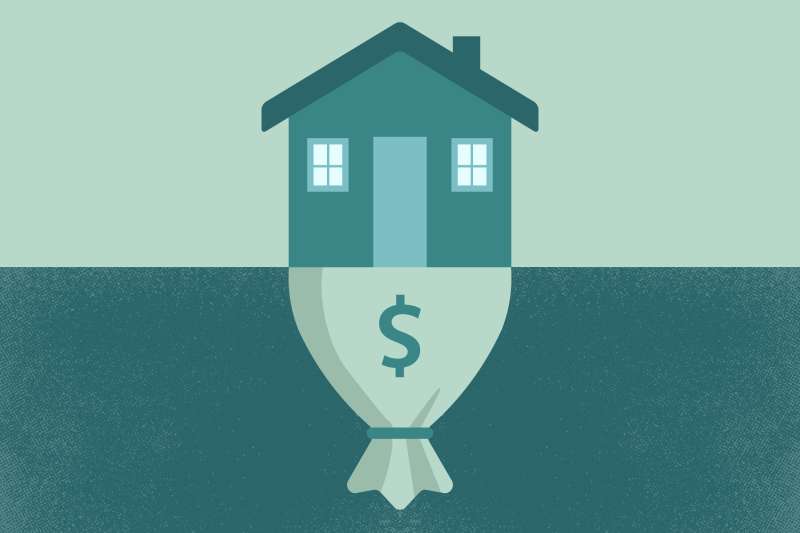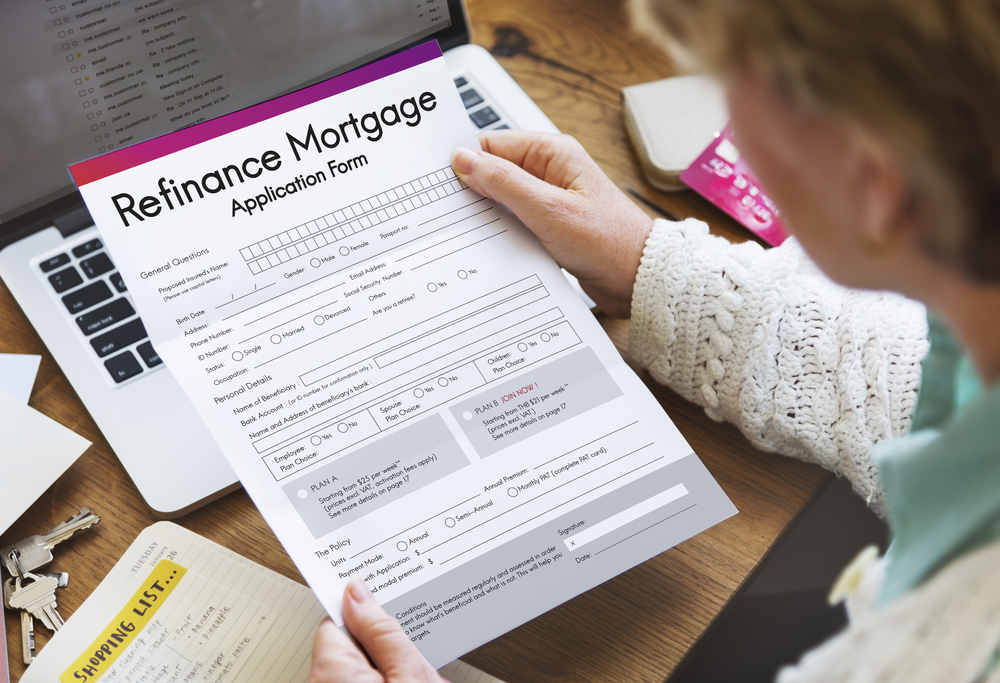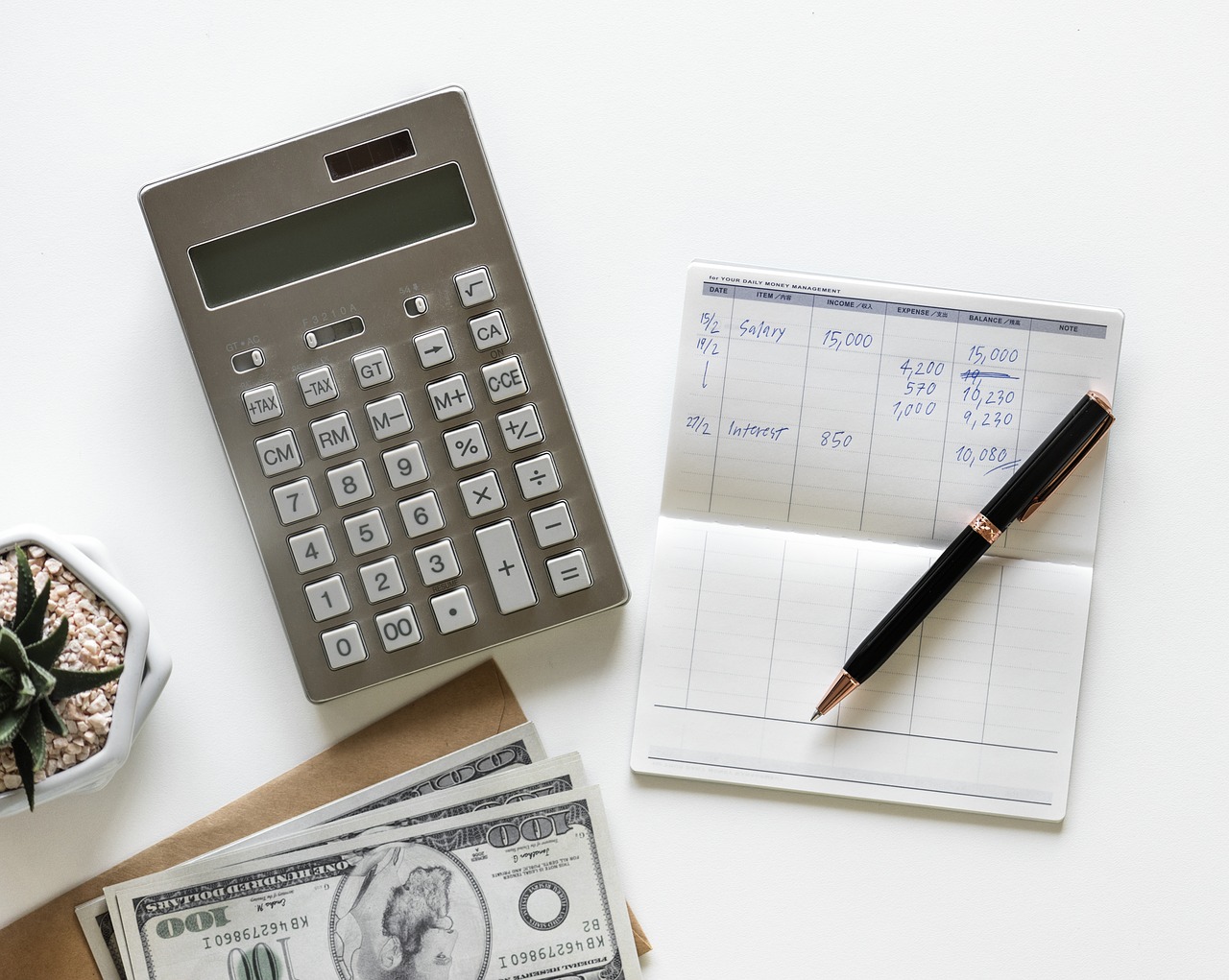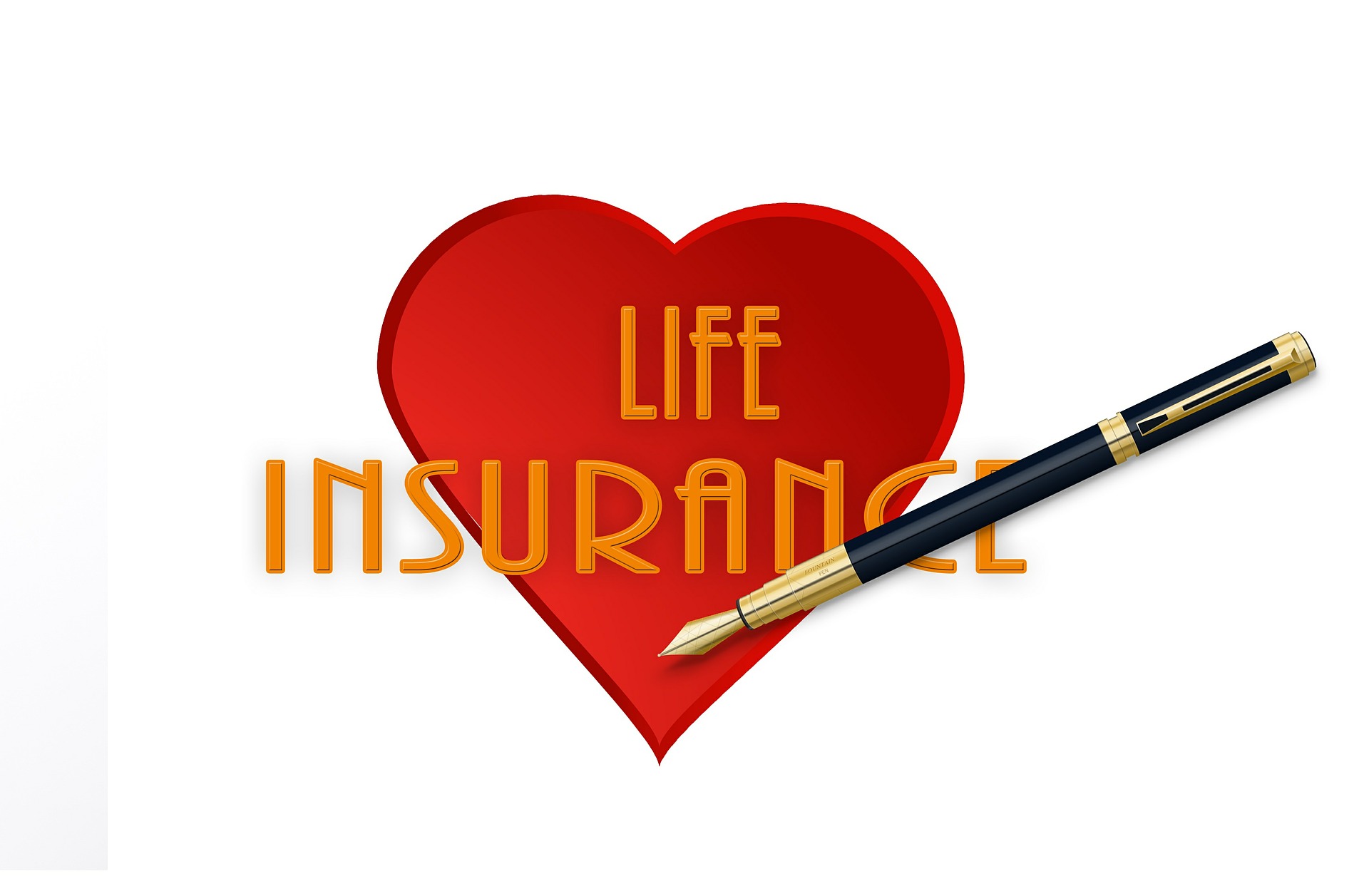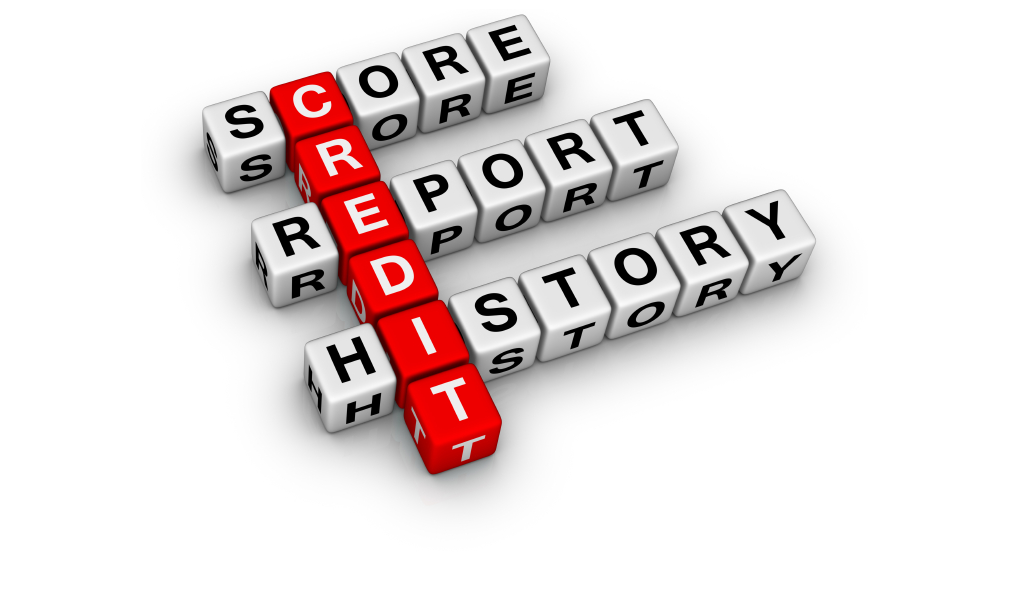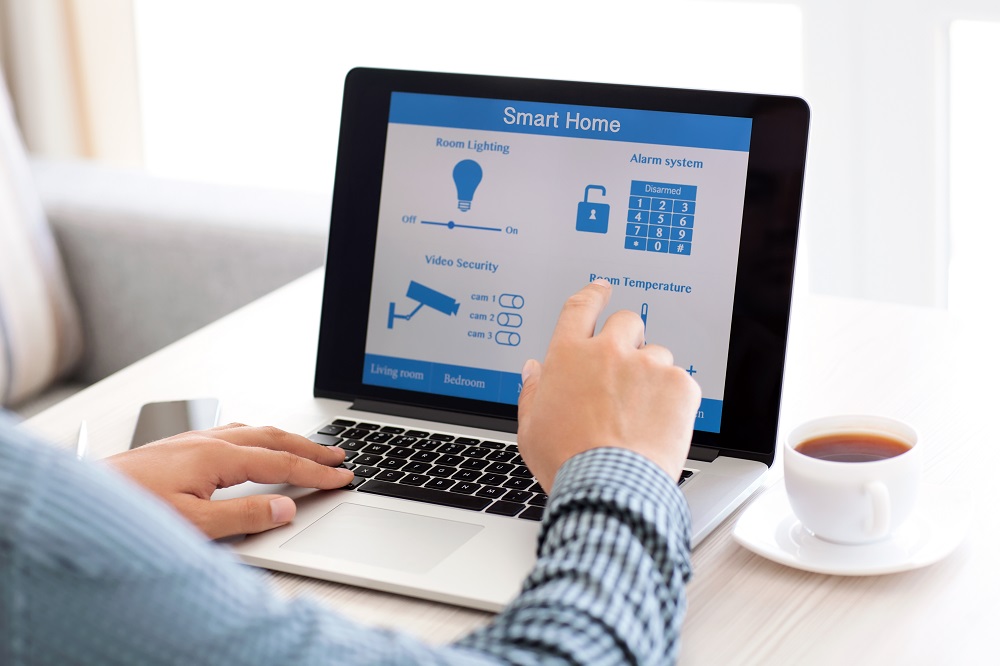Cash-out refinance: Is it worth it?
A cash-out refinance lets you tap into the equity you’ve built up in your home by paying off your existing mortgage and replacing it with a larger mortgage amount — and accessing the difference with a cash payment. But you’ll want to consider the costs and the effect it’ll have on your mortgage’s rate, term and payments.
If you want to tap into your home equity, a cash-out refinance is worth considering.
Cash-out refinancing lets you take out a new mortgage for more than you owe on your existing one — and keep the difference in cash. The amount you may qualify for depends in part on how much equity you have in your home.
You might use the money to invest in home improvements, consolidate high-interest debts or pay for other pressing needs — but a cash-out refi isn’t always your best option.
We’ll walk through how a cash-out refinance works, when it might make sense to consider and what alternatives you should weigh.
How does a cash-out refinance work?
A traditional mortgage refinance and cash-out refi both involve taking out a new loan to pay off your existing mortgage. With a traditional refinance, you borrow about the same amount as you currently owe and try to get a lower interest rate, different term or both.
Your interest rate and term could also change with a cash-out refi, but the idea is to borrow more than you currently owe and use the extra cash for something else.
If you’re just looking to lower your interest rate, a traditional refi may be the better option because it tends to have lower rates than a cash-out refi.
“A cash-out refinance can be a great option if you were already planning to refinance your home loan, and you’ve built up equity in the home,” says Andy Taylor, GM of Mortgage at Credit Karma. “It’s essentially taking out another, larger loan to pay off your original mortgage, and using the extra money borrowed for cash in-hand.”
Generally, the maximum is 80% of your loan-to-value ratio, or LTV. For example, if your home is worth $100,000, you may only be able to borrow a total loan amount of $80,000.
To qualify for a cash-out refinance, you’ll generally need to get your home appraised. The appraisal value may impact how much money you can take out, as it determines the home’s value for the loan-to-value ratio.
Is a cash-out refinance a good idea?
After paying off the original mortgage and associated fees, there aren’t usually any restrictions around how you use the money you receive on a cash-out refinance. But consider carefully how you choose to spend it.
“People might regret using the money to splurge on a luxury,” says Rebekah Tardieu, a mortgage loan originator with Cardinal Financial Company in Melville, New York. She suggests “trying to use the money to put yourself in a better financial position.”
Pros of a cash-out refinance
If you’ve accumulated equity in your home, it makes sense that you want to tap into it to achieve another financial goal. Here are some situations when you might want to consider a cash-out refinance.
- Consolidate higher-interest debts — A potential good use of a cash-out refi is to consolidate high-interest debt, such as credit card debt and personal loans. There’s also a potential tax benefit as mortgage interest may be tax-deductible, while interest on personal loans, credit cards and auto loans often isn’t. But be sure to look at the total financing costs, not just the interest rate. Between closing costs and the potentially longer term, a cash-out refi might not always make financial sense.
- Pay for higher education — If you have a college-aged child, using a cash-out refi could be a good alternative to taking out private student loans, which might have a higher interest rate.
- Make home improvements or repairs — Using the money to remodel or expand part of your home, or for critical maintenance, could pay for itself by raising the home’s value. But don’t rely on a cash-out refi for a quick fix during a home emergency — the renovation process could take months to complete.
Cons of a cash-out refinance
While there may be many reasons you want a cash-out refi, it might not always make sense. Here’s why.
- You could wind up with a higher interest rate. Refinancing changes your mortgage’s terms, which could include your interest rate, and you could wind up with a higher mortgage rate. Ask yourself if losing the low rate is worth the access to cash.
- You’ll need to pay closing costs. As with other types of mortgage refinances, cash-out refis require you to pay closing costs. The costs can vary depending on your new loan’s balance, and they could add up to hundreds or thousands of dollars. So it may not make sense to spend $2,000 on closing costs to cash out $5,000.
- Your monthly payment may be higher. Depending on the term you choose and the rate you qualify for, your monthly payment could be higher because you’re taking out a new mortgage for a larger amount than your existing one. Make sure that your new payments comfortably fit in your budget so that you don’t risk missing mortgage payments.
Which is better: a cash-out refinance or home equity loan?
If refinancing won’t lower your interest rate, you may want to consider a home equity line of credit (HELOC) or home equity loan (HEL) instead. These are sometimes called second mortgages, but they won’t replace your mortgage or change your mortgage terms.
A home equity loan gives you a lump-sum payout and uses your home as collateral. A HELOC also uses your home as collateral, but you can borrow money as needed until you’ve maxed out the line of credit or the draw period ends (often 10 years later).
While the interest rate on a home equity loan or HELOC might be higher than what you’d pay on a cash-out refi, you won’t lose your current mortgage rate, and you might not have to pay as much in closing costs. You should crunch the numbers to figure out which option is best for you.
Next steps
If you think a cash-out refinance is a good possibility for you, make sure to compare mortgage lenders. If you’re shopping for a mortgage, you have a window of time where multiple credit inquiries are only counted as one for your credit scores. You typically have 14 days — though it could be longer depending on the scoring model.
Here are some questions to ask yourself.
- What closing costs does the lender charge?
- Will you need an in-person appraisal?
- What percent of your equity will the lender qualify you to access?
- What will your new interest rate be?
- What’s your “break-even” point after closing costs?
- Has your credit improved since you took out your original mortgage?
- Does a home equity loan or HELOC make more sense for your financial goals?
This article was originally published on Creditkarma.com

